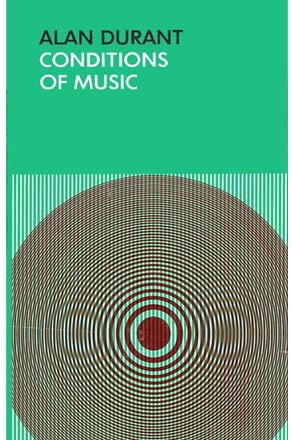Acknowledgments
I. Four Areas in Question
1. Music and Its Language
The unanswered question of music as a language
Musical 'languages' and musical change
The non-referentiality of music
'All art constantly aspires towards the condition of music'
Deryk Cooke's The Language of Music
Music and language: comparison or theory?
Historical change and musical terminology
Mousike
Continuity, change and purpose
The importance of transitions
Revaluations
2. Classical Music
The 'classical' in classical music
Canon of works or relations of address?
Beginning of the concert
Balance and vision
The orchestra, format and history
Orchestra and orchestration
Composer and conductor: specialisation
Forms and their origins
Forms, listening and formal analysis: the symphony
'Classical' music and modernism
Serialism
Recording and the 'classical' composer
Collaborative music and listening
3. Tuning and Dissonance
Music, dissonance and noise
Music, sounds, and acoustics
Formalism or musak
Historical reference I: The Greeks
Historical reference II: The Middle Ages
The Middle Ages: sounds and symbols
The Middle Ages: polyphony
Historical Reference III: tonality
The contemporary argument: three views
The contemporary argument: directions
Dissonance and today's ear
4. Performance: Sound and Vision
Musical performance and spectacle
Locating sounds
The significance of sound and vision
Barthes and the body: 'The Grain of the Voice'
Three points of position in sound and vision
Performance in transition
Musical reproduction and its technology
Reproduction and performance
Forms in transition
'Musica Practica' or musical image?
II. Two Case Studies
5. False Relations and the Madrigal: An Alchemy of England's Golden Age in Music
Golden Age or period of transition
Madrigal and the madrigalists: employment and publication
The madrigal and religious controversy
Music by metaphor and rhetoric
Imitation and ornament
Madrigal, ballett and ayre
The ayre and the singing voice
The period and its prospect
Performance and contemporary cultural argument
6. Rock Today: Facing the Music
Diversity of forms and its implications
Regional comparison: disco music in Jamaica, India and the USA
Meanings and options in once place
Identification and revolt
The Who, 'My Generation, and David Bowie, 'Fashion'
Groups
'Real' experience or convention genre?
The rock song I: radio
The rock song II: 'shifters' and the term of address
The rock song III: position, polysemy and innovation
Albums I: Sergeant Pepper and The Dark Side of the Moon
Albums II: new form or sell-out?
Albums III: implications for the contemporary scene
The current prospect: synthesisers and video
Notes and References
Select Bibliography and Record List
Index
